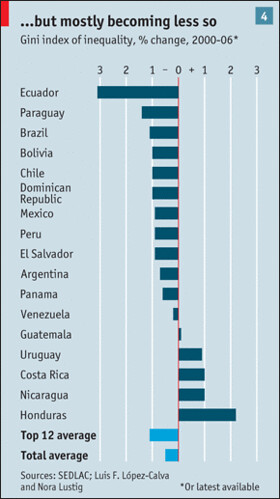The Tee Party’s economic arguments (if we grant sloganeering talking points the status of arguments) rest on two blatant fallacies that have been allowed to stand.
1. The economy of a nation state is the same as the economy of a nuclear family or of a small business, just writ large. The relationship between them is of scale and quantity, of macrocosm to microcosm.
Refutation: This is a blatant confusion of difference in kind with difference in degree. A difference in kind is an essential or fundamental qualitative difference; a difference in degree is quantitative. Here are a few examples:
Asses and Elephants differ in kind; Liberals and Progressives differ in degree. Brussel Sprouts and Peaches differ in kind; Brussel Sprouts and Cabbages differ in degree. My wife and I differ in kind with regard to sex and gender; we differ in degree with regard to height.
National economies differ systemically from those of nuclear families and small businesses. They differ in kind. Small businesses and families do not hold responsibility for the infrastructure that facilitates their operations or the legal system that structures them. They only participate in these material and abstract mechanisms through paying taxes. National economies are responsible for entire contexts and control the systems in which all of these economies operate. They have different responsibilities and different powers. They aren’t simply a macrocosm of your household budget. They bear as much in common with your family’s economic operation as the ecosystem of a continental region bears with that of a single fishing pond. Managing them requires a whole different set of skills, considerations, and calculations, which leads to the related second fallacy:
2. Common sense tells us that the deficit is unsustainable and spending is the problem.
Refutation: Long term, these are both correct. But to grasp distinctions between short-term and long-term considerations and to make decisions accordingly requires more than common sense. This populist pandering, this rejection of any academic expertise as biased obfuscation, is nothing more than dangerous mis-education through flattery. And flattery is a form of condescension.
As noted above, national economies differ from family and small business economies in kind, not degree. Yet when voters are told that their relationship is that of microcosm to macrocosm, they think that they are smart enough to fix the US economy because they can balance a household checkbook or read a quarterly balance sheet. They are wrong. It’s like the father of a child who is in the midst of a pulmonary emergency overriding the advice of a thoracic surgeon because he knows how to change the oil in his automobile and “common sense” tells him that the surgeon’s approach to the problem is counter-intuitive. Furthermore, that the surgeon is an elitist protecting his own privilege and making money of a runaway system that includes years of unnecessary and expensive training.
Ever since Paine, recourse to common sense has been central to democratic operations. We function as equal and enfranchised citizens because we posit a common ability to reason and participate. It’s a crucial concept. But it also leaves us vulnerable to arrogance. for instance the arrogance that leads someone to believe that all we need to do as a nation is balance our enormous national checkbook. Ultimately, this is why people have argued that quality education is necessary for the healthy function of a republic. We don’t need to be experts at everything. But we need to be literate enough that we can and will seek out different specialized arguments and decide which is the stronger one. We need to be literate enough that we can see through the pandering of politicians and demand real arguments about which policies will serve us best.

